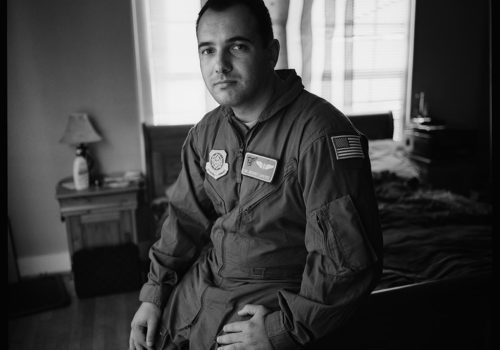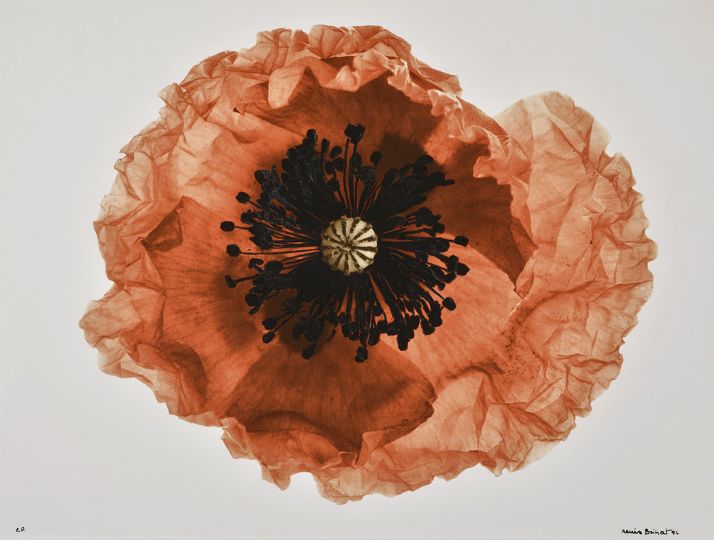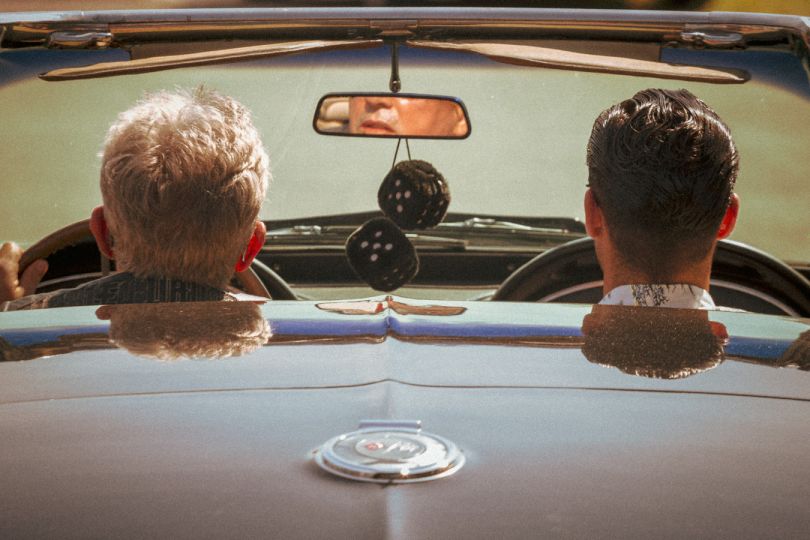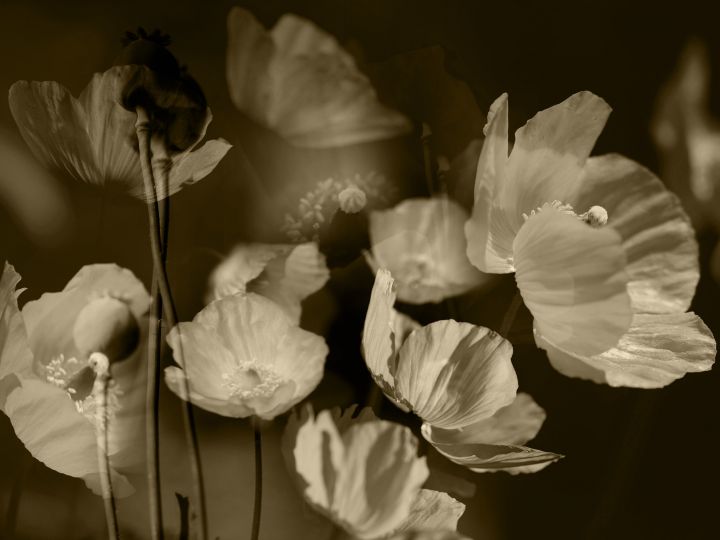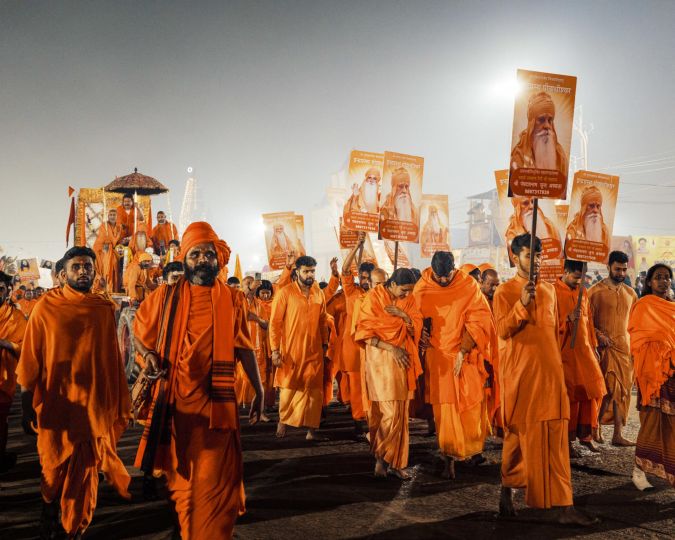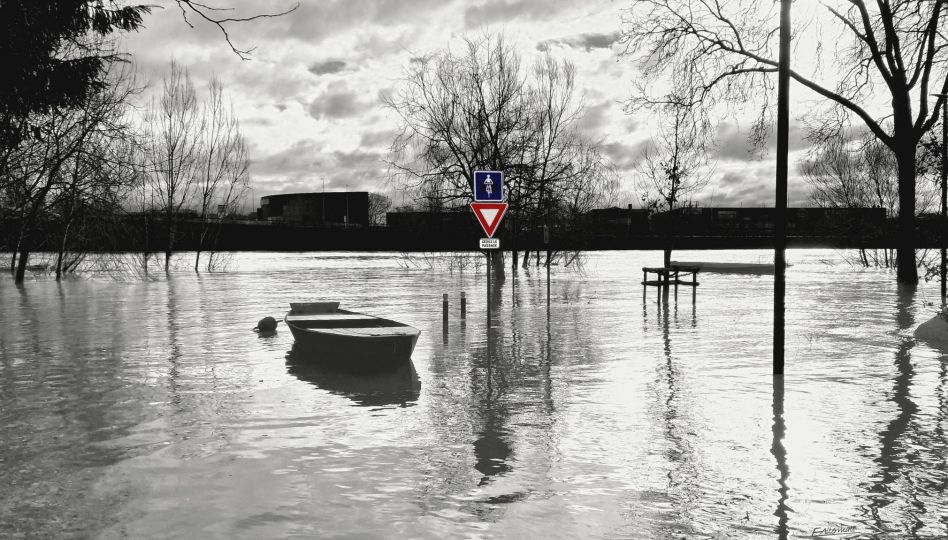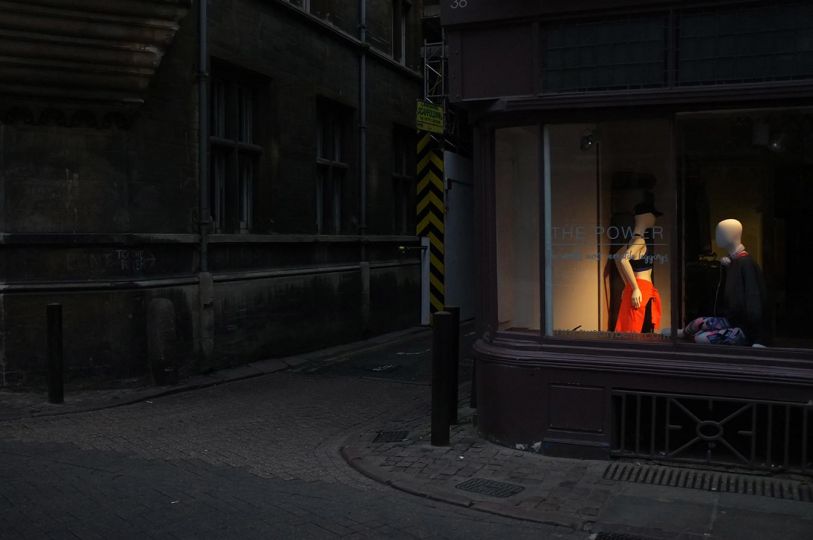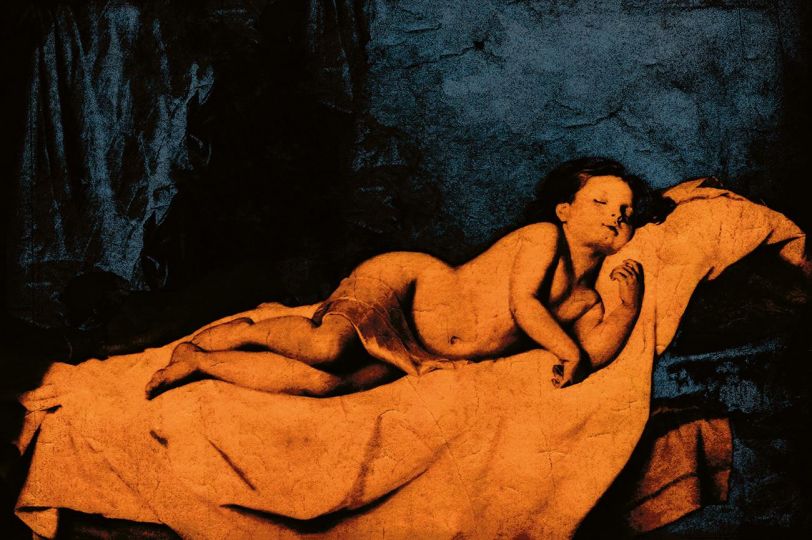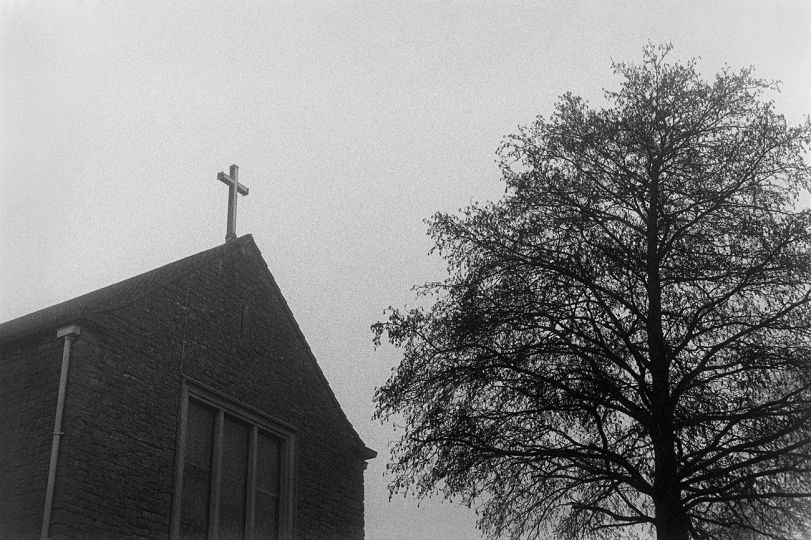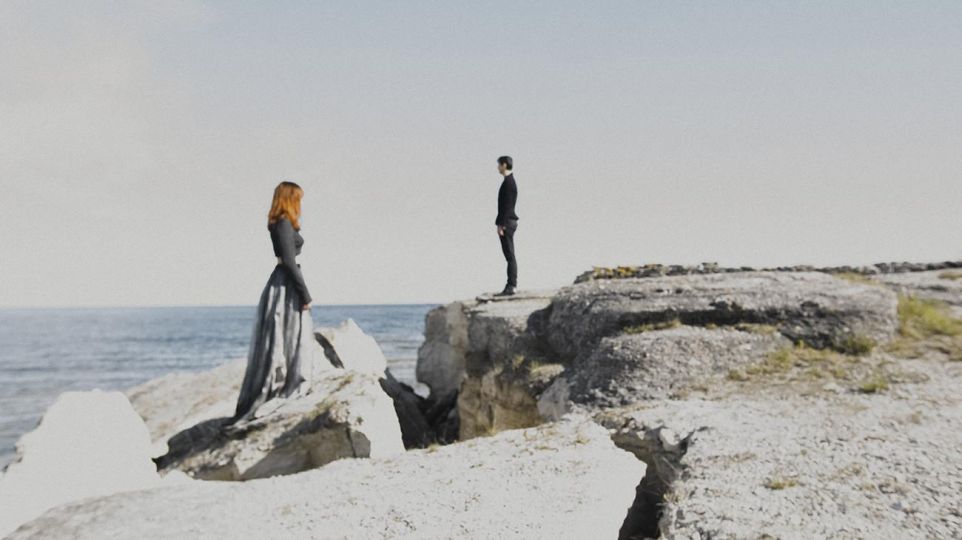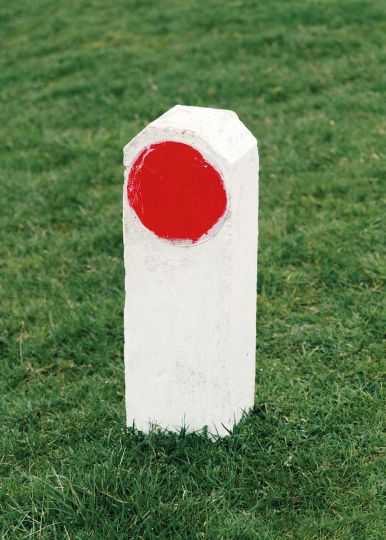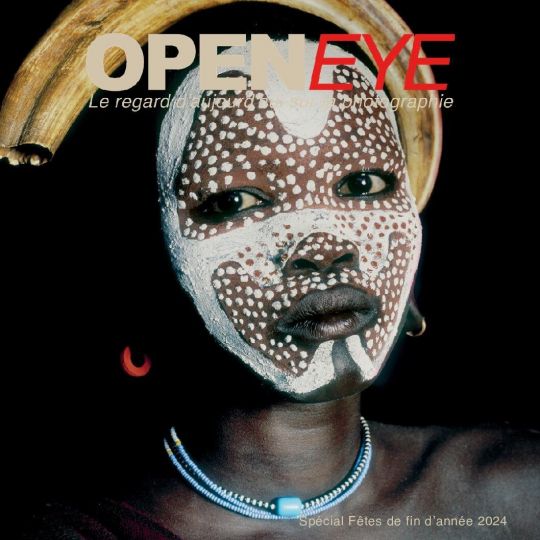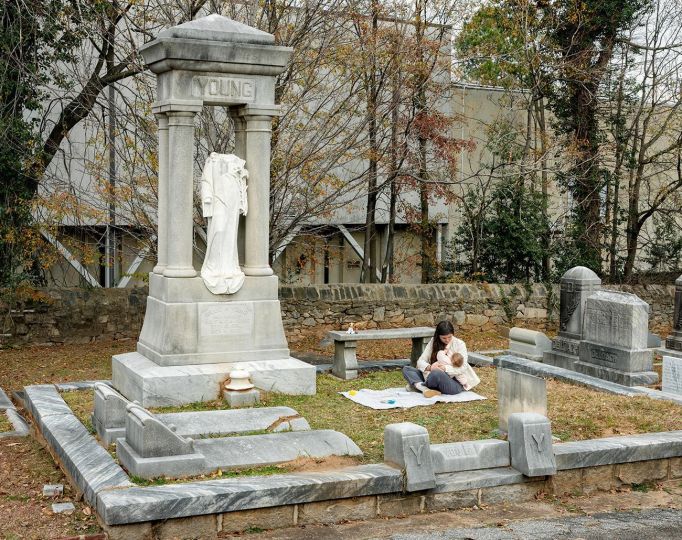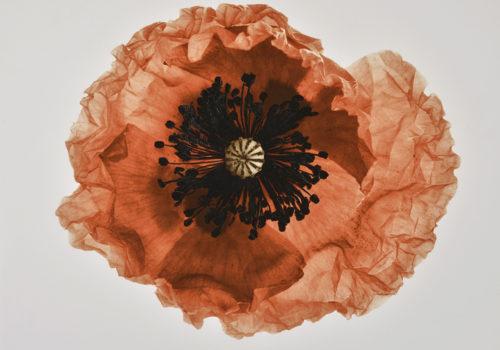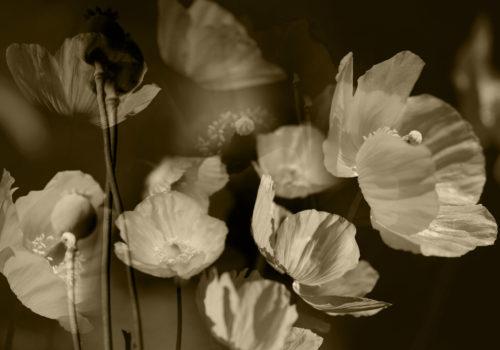From 2009 to 2013, Vincent Cianni met with a hundred American servicemen and women of different generations—one of the veterans was born in 1923—all of whom are gay and who served under Don’t Ask Don’t Tell (DADT). Signed into law in 1993, DADT prohibited mention of sexual orientation during the recruitment period and throughout military service. The system quickly proved impossible to enforce, from the difficulties of a soldier hiding his or her personal life from colleagues, with whom they often worked in stressful situations, and of the silent suffering caused by a blatant and widespread aversion to homosexuality.
“It’s been 17 years since DADT,” says one veteran. “Over 14,000 people have been discharged. The policy has been wrong the entire time. […] All that takes away from what you should be focused on: your mission.” Others are more cynical: ““Lots of gay people walk out, tired of having to deal with the lies, the stress and the fear. And every one of those people who walks out takes with them the years of training, experience and money invested in them.” The law was repealed under Barack Obama in September 2011.
On the podium with President Obama on the day of the official announcement, Maria Zoe, one of the soldiers interviewed by Cianni, remembers telling him, “‘Make sure you spell it right!’ He laughed. The Secret Service didn’t tackle me. All I could do was picture John McCain running down the aisles, screaming ‘It’s not valid!’ Fortunately, he did spell it right.”
The tone of the testimonies varies, exploring the relationships of the soldiers with their families, the army, and their own sexuality, whether they had admitted it to themselves or not; several men remember being inspired to join the army after hearing the famous slogan, “Young men go to war and come home real men.” Some criticize the government: “They’re fucking with my flag by trying to make it into something that it’s not, where government is run by religion and it’s okay to oppress people.” Other suffered so much that they developed a post-traumatic stress disorder, haunted by suicidal thoughts. “I felt for many years that when God made me, he put a sign in my back that everybody could see except me: ‘Not my best effort.’
The first third of the testimonies are the hardest to accept. It shows society at its most violent, unjust and intolerant. But that’s not the point. While many were rejected, denounced or raped, others were encouraged. “I’m in an amazing place now,” says one soldier. “And it’s because of everyone supporting me.” The diversity of the experiences is what makes the book so rich. More than an examination of a single law, the work is an exploration of love, society and tolerance. The photographs, intimate portraits shot after the interviews, establish Cianni’s clear intention. The expressions are troubling, sincere, the black-and-white is timeless. “The act of photographing served as an exchange of the implicit trust we placed in each other,” he writes.
BOOK
Gays in the Military
Photographs by Vince Cianni
Publisher : Daylight Books
256 pgs
70 B+W photographs
$45.00
https://daylightbooks.org/store/vincent-cianni-gays-military” https://daylightbooks.org/store/vincent-cianni-gays-military
PREVIOUS EXHIBITION
Collective exhibition Towanda – Vincent Cianni, Luke Clerkin, Jordan Jablon, Abigail Nicolas,
Carson Russell, Daniel Evan Rodriguez, Lior Tamin, Sarah Uriarte, and Olivia Zimmerman
October 29 – November 13, 2014
Arnold and Sheila Aronson Galleries
Sheila C. Johnson Design Center
Parsons The New School for Design
66 Fifth Avenue
New York, NY

